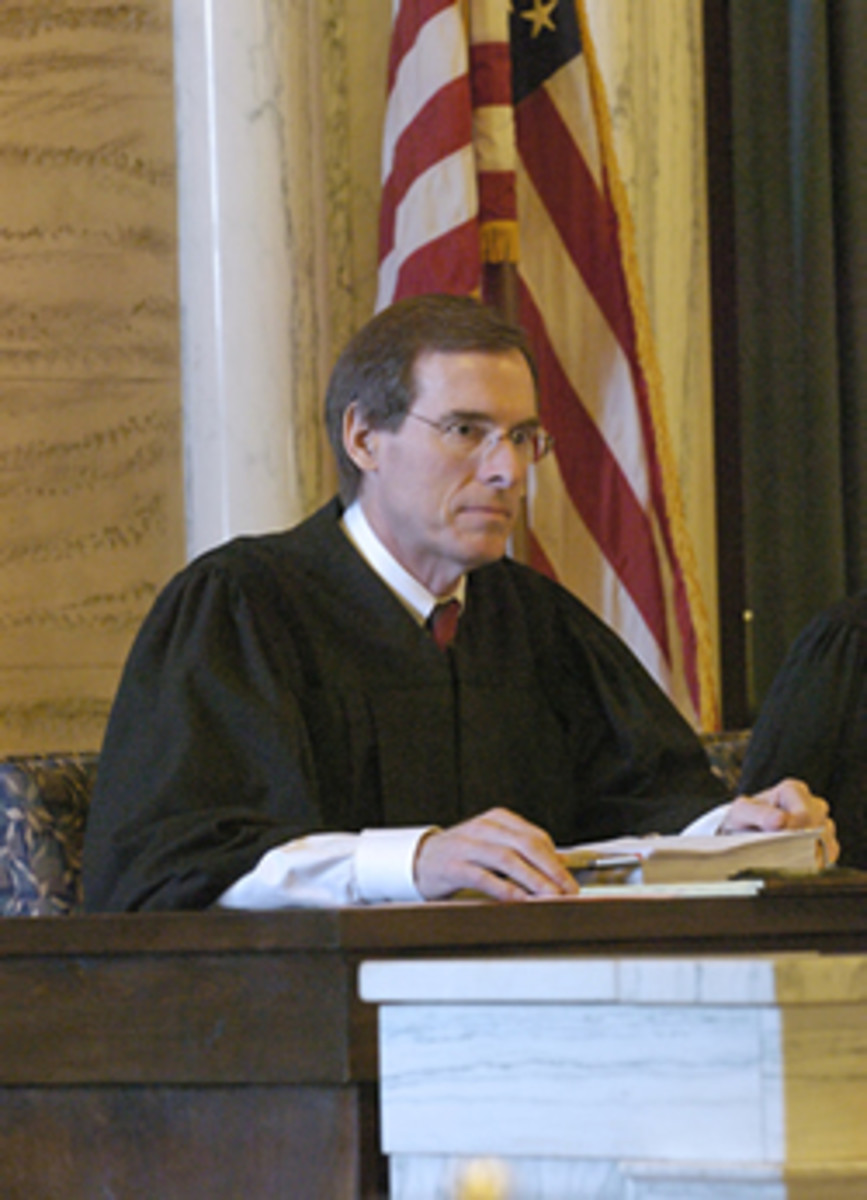Legal Marajuana
Historical Use And Prohibition
Canibis, a family of plants that was brought to the English colonies of America by farmers to be sold as an industrial crop. It wasn't as widely used for recreation or medicine as it was for rope, canvas, paper and other products. In fact the word canvas is a vernacular distortion of the word cannabis or vice-versa, I forget which.
It was used medicinally though, and recreational. It was used by the poet Samuel Taylor Coleridge who wrote the famed "Rhyme of the Ancient Mariner." Musicians, artists and poets seemed to use it more than others.
Medicinally, it was listed in ancient Chinese medical books, then later in India. It was spread throughout Europe by the Dark Ages. It was kept in European apothecaries for nausea, cramps, rhumatism, and a myriad of other ailments. In modern times, where Doctors are allowed to prescribe it, they do so for AIDS, cancer, arthritis, seizures, and other major problems.
In the early Colonial days of America, it was encouraged and even ordered that farmers grow this crop when there were shortages. It was a cash crop and essential to the economy. However, as a drug it was the use by Blacks, Mexican nationals immigrating to the U.S. and Swing and Jazz musicians playing their "Satan music" that had convinced the public this plant should be banned. Beginning at the turn of the 20th century, and ending with Richard Nixon declaring Marajuana a schedule 1 drug, pot was legally dead. A schedule 1 substance is one that has dangerous and addictive properties, and no medical use at all. Alaska was the last state to defy the federal government and finally criminalized the cultivation and personal use of the plant in 1990. Pot was dead except in counter-culture and criminal enterprises.
The Resurgance
In recent times, a movement to legalize Marajuana for medical use has arisen in many states. As a medical prescription it has been legalized in several states already. As I live in Colorado, I can speak of personal knowledge. There are dispensaries in nearly every town of size enough to support it. The industry is thriving, and the state revenue collectors are busy. It is taxed regulated heavily. There are many problems associated with being a dispensary owner. One owner complained of gangsters coming in to threaten him to buy their imported product. He explained this would be illegal and disloyal to local growers. He's an ex US Marine. The ploys didn't work.
Prohibition of alcohol from 1919 to 1933 proved beyond a doubt that banning a substance creates a criminal interest in it. It was what gave rise to the syndicate Italian and Irish mobs. Now with several decades of Marijuana prohibition in play, Latin-American cartels have benefited greatly. It may be true that Heroine, Cocaine, and Crystal Meth are major revenue generators for them, but Marijuana only increases their profit margin. Even 5% would mean 5% fewer weapons in their hands, 5% fewer bribes to border guards, 5% fewer assassins and leg breakers hired.
There is also the constitutional question at hand. The government uses the commerce clause to claim it's constitutional grounds of the drugs laws. If a product is grown on your window seal, smoke in your den, could it possibly be considered interstate commerce? Yet that is what they claim.
There are ballot initiatives in several states that would just make it perfectly legal to grow for personal use, with no medical need at all. A certain percentage of the population is going to smoke it regardless of legality, therefore getting the cartel, the government, and the busybodies who want to control everyone else's life out of it would make sense.



